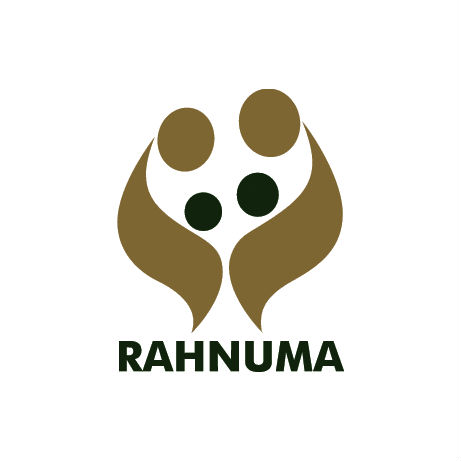

| 31 March 2016
Associação Moçambicana para Desenvolvimento da Família
The Associação Moçambicana para Desenvolvimento da Família (AMODEFA) was formed in 1989. Like most IPPF Member Associations, the organization’s initial focus was family planning, but over the years it has diversified to cover a wider range of sexual and reproductive health (SHR) requirements including emergency obstetrics care, antenatal and post-natal care, and services dedicated to the prevention, treatment and management of HIV and AIDS. As high HIV prevalence rates show, there is a desperate need for sustained efforts on this front. AMODEFA has responded to the HIV and AIDS challenges with a community clinic-based approach, linked with home-based care. With private sector sites, mobile and community-based service points the Member Association raises awareness of and tackles HIV and AIDS stigma and discrimination, and provides referrals. The AMODEFA staff, who are backed by hundreds of volunteers, a youth action movement, peer educators and community-based distributors (CBDs). In its advocacy role, AMODEFA has been providing advice and pressuring the Ministry of Health Youth and Sport, the Ministry of Education, and the Ministry of Women and Social Action to adopt supportive national legislation and practice, particularly with regard to adolescents and youth. The Member Association works with non-governmental organizations, such as the National HIV and AIDS Council, and with private sector operations such as Enterprises Against HIV and AIDS. AMODEFA’s donors include UNFPA, WHO and the Africa Sweden Group, and the organization is a member of networks including the Network for Organizations Working on HIV and AIDS (MONASO), the National HIV and AIDS Council, and the International Baby Food Action Network (IPFAN).

| 31 March 2016
Rahnuma-Family Planning Association of Pakistan
Rahnuma (formerly the Family Planning Association of Pakistan or FPAP) started serving poor and marginalized people in Pakistan as the Family Planning Association of Pakistan (FPAP) in 1953. After over 50 years of momentous achievements, the FPAP felt that its name did not fully reflect the scope of its work. It renamed itself ‘Rahnuma’, an Urdu word meaning 'one who shows the path and provides direction'. Rahnuma was one of the pioneers in providing family planning services and advocating for spacing of childbirth and for smaller families. The government later embraced the cause by establishing the Ministry of Population Welfare. In the space of a decade, Rahnuma grew from a single clinic, based in 1 room in Karachi, to a large-scale operation with an infrastructure of district branches offering model clinics and information and educational facilities. Today, the network operates nearly 5,000 service points, comprising 118 permanent clinics, 11 mobile units, 191 associated clinics and over 2,000 community-based distributors/services (CBDs/CBSs). It also handles referrals to over 2,143 private physicians. Rahnuma has developed innovative programmes to increase access to high-quality, affordable health services. It has advocated for a rights-based approach to sexual and reproductive health (SRH), for the empowerment of particular groups within communities (especially women and young girls), and for the strengthening of civil society in Pakistan. As the sexual and reproductive health and rights (SRHR) agenda has shifted over the years, Rahnuma has increasingly embraced SRHR in the context of national development and poverty alleviation, owing to the direct connection between socio-economic conditions and health and well-being. Contacts Website: http://www.fpapak.org Facebook: https://www.facebook.com/rahnuma.fpap.9 Twitter: https://twitter.com/Rahnuma_FPAP







